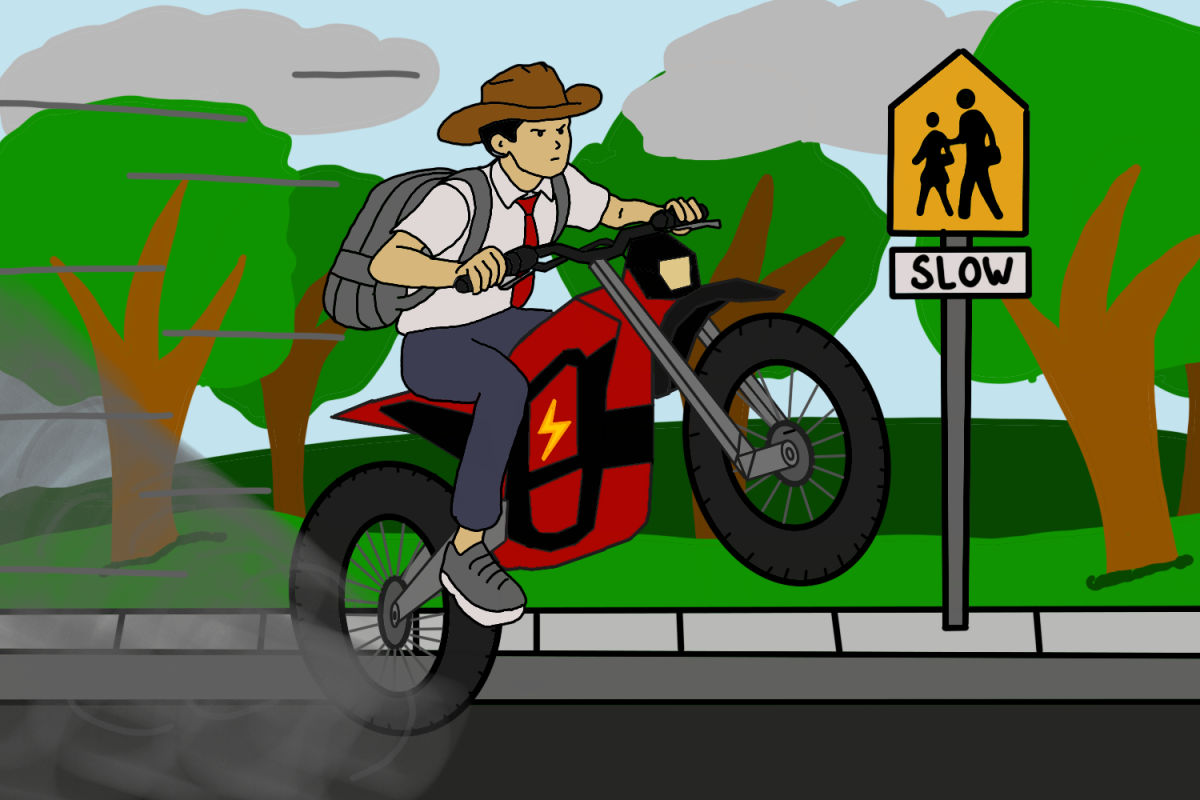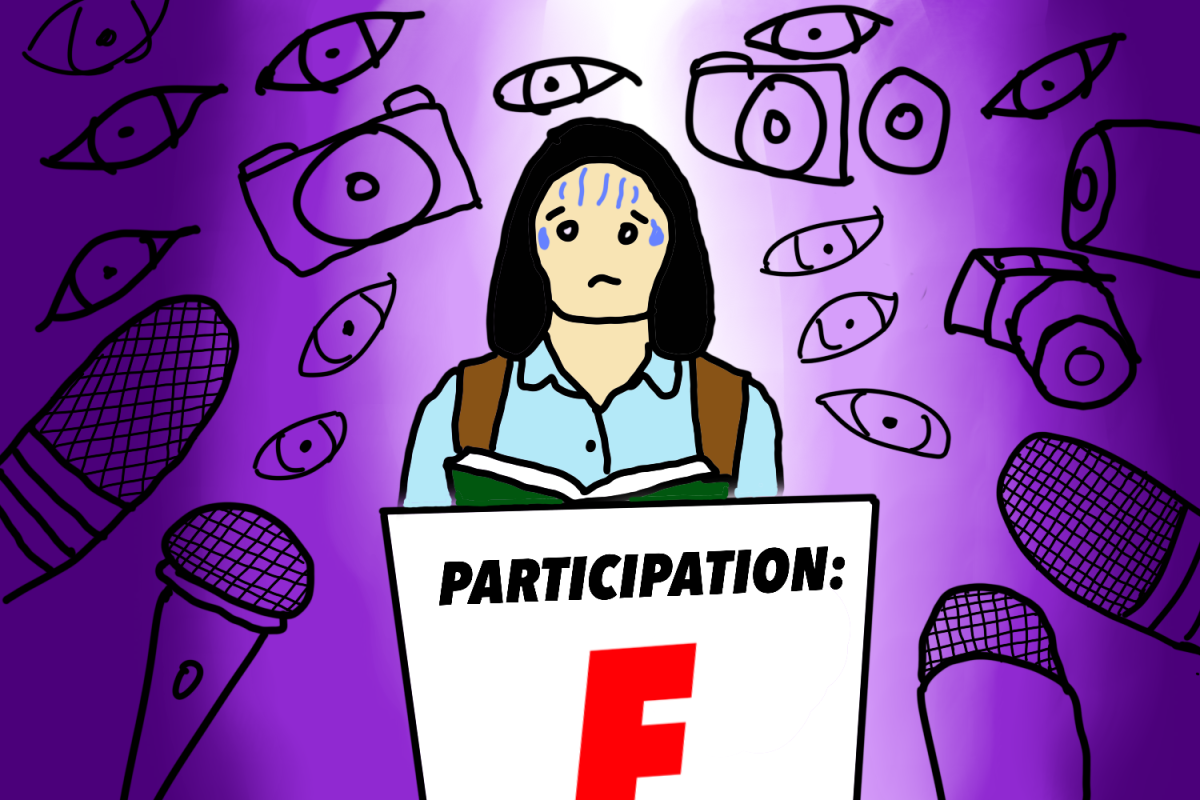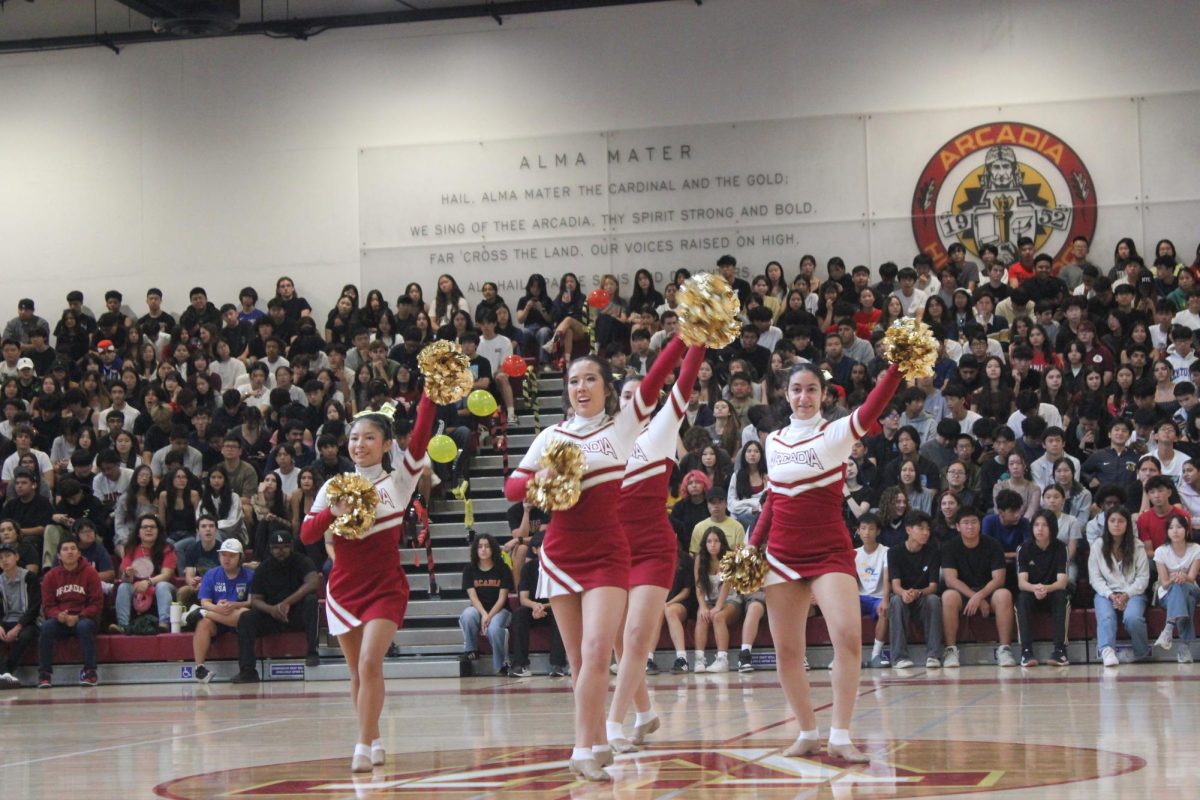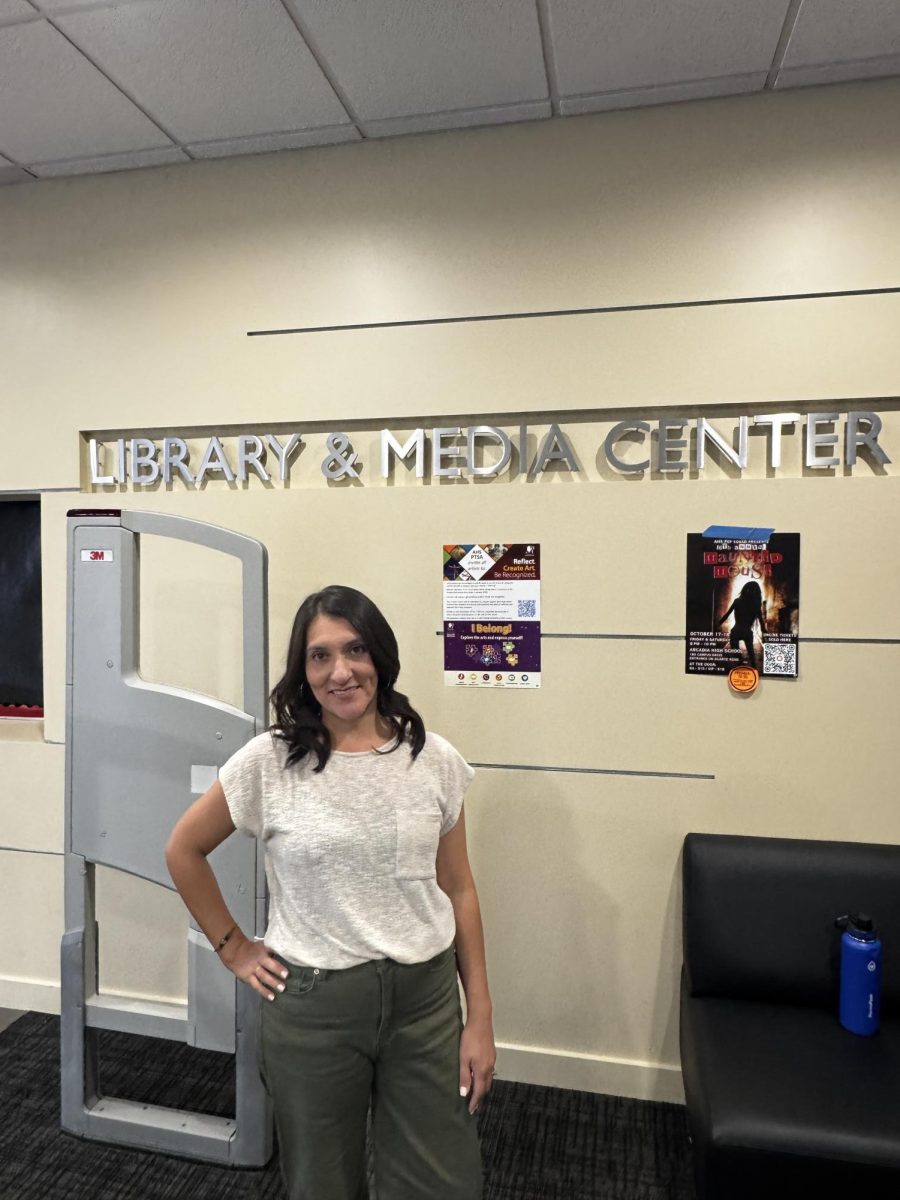Because we live in a society where education is deemed extremely important, many companies are able to earn a substantial amount of money by catering their services to students. From positive services such as tutoring centers and helpful videos to more questionable services, such as uploaded answer keys on the internet, it’s no doubt that monetizing student resources is a business that has flourished for years.
However, this practice of monetizing student resources can be damaging to its target audience, especially since students are generally the people who both need these resources and lack the wealth to obtain them.
Recently, Quizlet, a website that allows users to create their own flashcards, monetized most of its features, requiring its users to download “Quizlet Plus” in order to access practice tests and flashcard-based multiple choice questions—features that were previously available for free.
Many companies justify these “premium” plans by updating their programs by adding other benefits into the mix, which commonly emerge as Artificial Intelligence (AI). For instance, Quizlet Plus now offers a “Q-Chat” feature, which serves as an AI tutor. By offering its customers AI tutoring and essay rewriting, these premium plans appear to provide highly advanced and updated additional resources just for a small price.
But the problem is that students don’t want or need it.
Quizlet is not the only student resource that has been monetized. Source citation websites, such as EasyBib, require a subscription to produce in-text citations; and the list goes on.
While it could be argued that students don’t need the turned-premium features at all, many things should be considered. Students may want course material that is related to what is taught, and an extra set of flashcard-based practice questions could make a world of difference for students who may not be able to get access to workbooks or supplemental material specific to their course content.
Textbooks (and to an extent, workbooks) represent another type of resources that are quickly becoming less accessible to students due to their increasing prices. Textbook prices have also been reported to increase 6% every year, doubling every 11 years. While this mainly applies to college students, some schools may not be able to provide textbooks for their student populations. Research has shown that increasing textbook costs affect students at private institutions similarly to those at public schools. These effects include poor study habits, and students resorting to illegal online downloads in order to further their education.
While completely stopping the monetization of educational resources is not possible at this moment, there are several ways to significantly reduce the power they have over students. For example, giving textbooks and workbooks to classmates after a course has been completed, and sharing alternatives to websites like Quizlet (such as Knowt!) are ways that students themselves can help out. It is extremely important for students to obtain access to the resources they need in order to excel at school and in the future.













